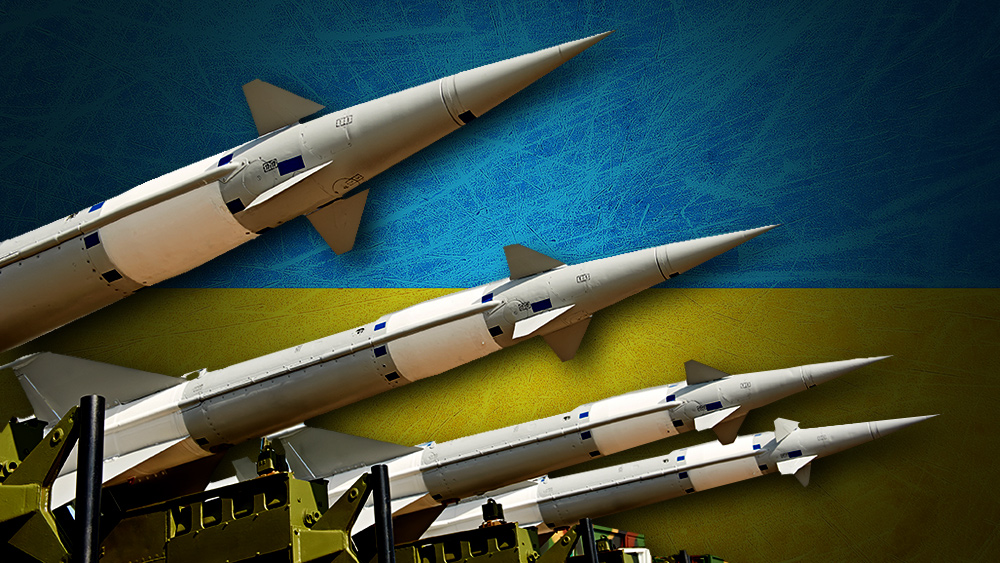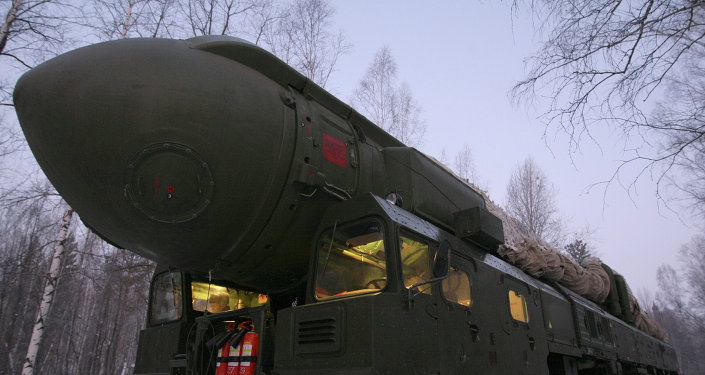 Parler
Parler Gab
Gab
Putin wants gold to replace the U.S. dollar
Putin's ambitions extend far beyond the economic realm, as he envisions gold replacing the U.S. dollar as the primary global trade medium. However, the success of this vision hinges on increasing gold's value, a variable influenced by factors such as consumer demand and central bank policies. In response to Putin's strategy, consumers and investors worldwide, particularly in North America, wield the potential to impact gold's market dynamics through their purchasing decisions. For instance, significant investments in gold by American consumers, facilitated by platforms like Costco, inadvertently contribute to Putin's agenda, particularly if the gold originates from Russian sources. Counteracting Putin's gold strategy demands a multifaceted approach. It necessitates not only individual consumer choices but also coordinated efforts by major gold-producing nations and strategic policy adjustments. The challenge lies in diminishing gold's allure without destabilizing the global economy, given its integral role in financial markets and stability. Understanding and disrupting the dynamics of the gold market may prove instrumental in undermining Russia's geopolitical ambitions and resilience against sanctions. This calls for a nuanced understanding of the interconnectedness of international markets and the strategic deployment of measures aimed at curbing the influence of Russian gold on the global stage. Watch this clip from Fox Business with North Dakota Gov. Doug Burgum and former Texas Gov. Rick Perry – both Republicans – discussing how President Joe Biden's sanctions against Russia are not working. This video is from the NewsClips channel on Brighteon.com.More related stories:
Medvedev slams Brussels over its demand that Russia return gold bullion to Romania. Schizophrenic world order: The West is willing to destroy its financial system to punish Russia. Yellen wants frozen Russian assets to be given to Ukraine – a move that could drive away nations from Western banks. Russian central bank governor claims BRICS group has now surpassed G7 in aggregate GDP. Sources include: GreatGameIndia.com TimesOfIndia.IndiaTimes.com Brighteon.comHundreds of jobs, millions in tax revenue at risk while Port of Baltimore remains closed
By Ava Grace // Share
Ukraine’s starting to get dangerous
By News Editors // Share
Republican congressman calls for NUCLEAR obliteration of Russia and Gaza
By Ethan Huff // Share
Governments continue to obscure COVID-19 vaccine data amid rising concerns over excess deaths
By patricklewis // Share
Tech giant Microsoft backs EXTINCTION with its support of carbon capture programs
By ramontomeydw // Share
Germany to resume arms exports to Israel despite repeated ceasefire violations
By isabelle // Share










